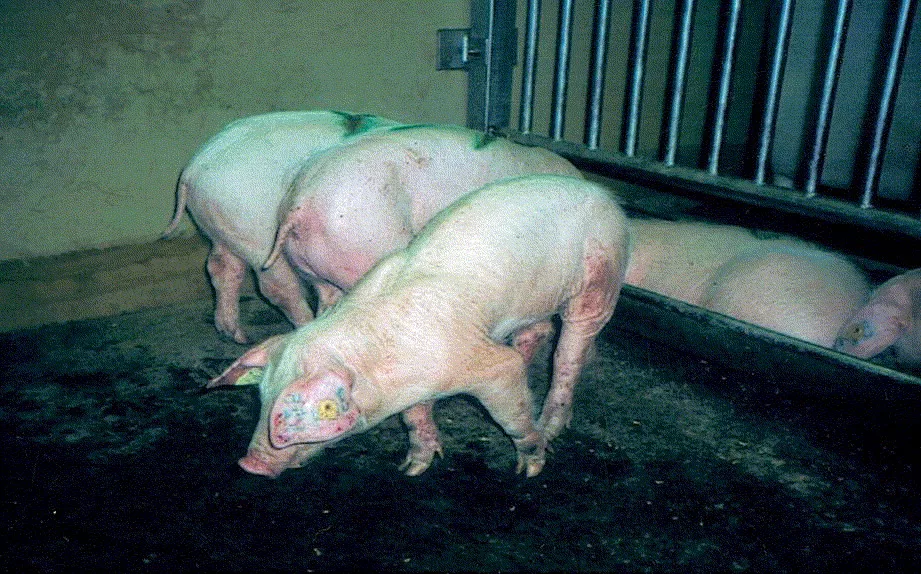As pig production in Nigeria is poised for a gradual rise, with an estimated 1.2% year-on-year increase expected to reach 1.78 million heads by 2026 (Statista, 2023), it is essential to address potential challenges that could hinder this positive trajectory. One of such concern that looms over the swine industry is the threat of Classical Swine Fever (CSF), a highly contagious viral disease affecting pigs. The predicted growth in Nigerian pig production, reflective of a 1.7% year-on-year increase since 1966, reiterated by Doku (2023), brings about the need for heightened awareness and proactive measures to safeguard the industry against diseases such as CSF. This viral infection, caused by the Classical swine fever virus, poses a significant risk to pig populations and can result in severe economic losses for farmers.
Classical swine fever is characterised by symptoms such as lethargy, loss of appetite, and haemorrhages in various organs. The disease is highly contagious and can spread rapidly among pig herds, jeopardising the health of individual animals and the overall stability of the swine industry. Preventive measures play a pivotal role in mitigating the impact of Classical Swine Fever. Strict biosecurity protocols must be implemented on pig farms, including restricted access, thorough disinfection procedures, and the isolation of sick animals. Additionally, regular veterinary inspections and monitoring of pig populations can aid in early detection and containment of potential outbreaks.
Vaccination is a crucial component of disease prevention in pig production. Farmers should work closely with veterinary professionals to establish vaccination schedules and ensure all pigs in their herds receive appropriate immunisations against classical swine fever. This proactive approach can contribute significantly to the overall health and resilience of the pig population in Nigeria. Government agencies and industry stakeholders should also play a vital role in controlling and preventing the spread of Classical Swine Fever. Collaborative efforts should be established to disseminate information, train farmers, and implement surveillance programs to detect and respond swiftly to potential outbreaks.
As Nigeria anticipates a positive upswing in pig production, addressing the potential threat posed by Classical Swine Fever is crucial. By fostering a culture of awareness, implementing stringent biosecurity measures, promoting vaccination practices, and fostering collaboration between farmers, veterinary professionals, and government agencies, the swine industry can navigate the path to sustainable growth while safeguarding the health and well-being of its porcine population.



